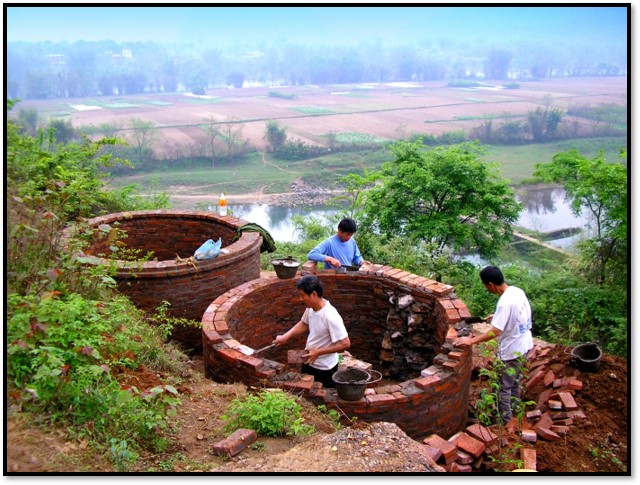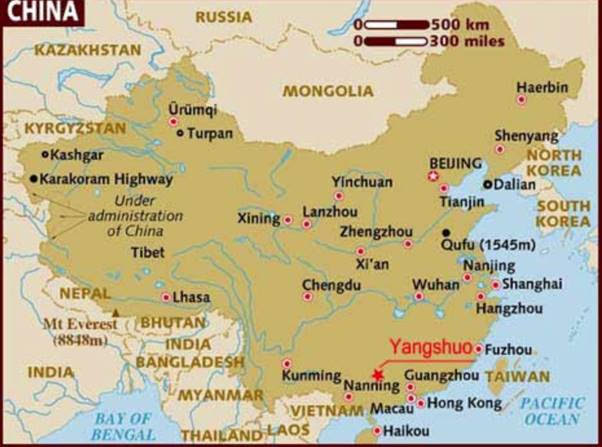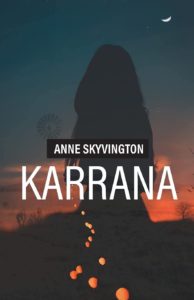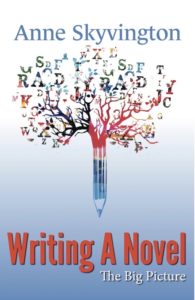A Guest Post on The Art of Creative Writing website, this post written by Roger Britton
How it all started
We had been hosting Chinese students in our home for several years from our sister school in Jinan. Each one stayed with us for two years at a time attending Years 11 and 12 at our local high school. Angela was the coordinator for homestays. She dreamed of teaching in China and she had been learning Chinese for ten years. I retired in 2008 and Angela argued it was my time to follow her. Angela and our family had followed me around several schools for most of my teaching career and now, it was time for me to follow her and her dream.
We applied for a poor private school in Yangshuo in south-west China and entered into a job share arrangement, which they had never experienced. They got two teachers for the price of one at the boarding school.
The girls ranged in age from 15 to 20. Pershing was one of the students who spoke fluent English. She became our friend, guide and mentor.
A 6-month working visa was all we were allowed from the People’s Republic of China.
We have become Sinophiles and have returned twice on visiting visas to visit our students and explore.
When Angela expressed a desire to go to China to further her language studies I had to agree: When the Empress Angela makes a decision it is obey or off with your head!
And that’s how we ended up going to Yangshuo, China.

Invitation to a A Qing Ming or Grave Sweeping Ceremony
Our friendly mentor, Pershing, had something exciting to tell me:
“Roger, Mr Zhou has invited you to come to a Qing Ming or Grave Sweeping Ceremony with his family. Would you like to go?” I had no idea what it was.
“What is that, Pershing?” I asked
“Roger, it is a Grave Sweeping Festival, a time of year when Chinese families visit their ancestors, clean the tomb sites and make offerings.”
“Sounds interesting, Angela and I would love to go.” It sounded similar to grave upkeep in Australia.
“He will take you to Fu-li,” explained Pershing in her excellent English. “It is an old village across the river.”
I quickly studied up on old Chinese burial customs. Feng shui is also called Chinese Geomancy, and is important at these ceremonies. The dead should be buried in a valley or hillside overlooking water. Many of the graves are rounded and the body is buried vertically above ground in a shallow grave which is then filled in. The actual tomb stone is placed at the feet, unlike western headstones.
The grave is uterine in shape, like the womb and holds the body while it awaits re-birth. Angela thought she would like to be buried here overlooking the river and mountains.
On the day of the Qing Ming visit:
First, the gravesite was cleaned and cleared for the ceremony to begin.


Josh sticks were lit in odd numbers, one, three, five, seven, but not in evens.
Three bows are made in reverence to the deceased.
Gifts of spirit money (fake notes) are used and lit. The smoke carries it up to the ancestors for use in the spirit world.
Round fruit like oranges and apples signify completeness and purity.
It is important for ancestors to have descendants to care for them in the afterlife. Strangely, these ancestors are not transcendent or supernatural but share the world with us. In the cemetery was an old family friend who had no descendants, so they cared for her, too.
At Mr Zhou’s father’s grave, a basket containing a piglet and a second basket with a chicken were placed alongside the fruit, as well as josh sticks.

Incense, paper spirit money and a roll of firecrackers were rolled out. The crackers made a thunderous, deafening noise like a hundred machine guns. This frightened the bad spirits away, as it did us, so the ancestors could enjoy their offerings in peace.
Incense holds an invaluable role in East Asian Buddhist ceremonies and rites, as well as in those of Chinese Taoist and Japanese Shinto shrines for the deity Inari Okami, or the Seven Lucky Gods. It is reputed to be a method of purifying the surroundings, bringing forth an assembly of buddhas, bodhisattvas, gods, demons, and the like. (Wikipedia)
The cooked piglet and chicken were retrieved and taken to the next grave and offered there as well. I think it was eventually taken home and it’s what we all had for dinner.
The whole day was a happy affair…a kind of celebration of a life well lived and children fondly remembering their parents and grandparents. The Zhous loved having us there as part of the celebrations and were delighted to have us join in honoring their ancestors.

We learnt that our culture of grieving for the dead and laying flowers was foreign to the Chinese. They believe that their ancestors are still with them but unseen. Rather, it is a joyous time to remember them and offer them gifts of gratitude.

From the Author
This post is from Chapter 63 of Roger’s book-in-progress, The Geriatric Backpackers. The latter forms the third part of an autobiographical work in three books about the author’s life and “survival”:
If you would like to read more of Roger’s adventures you could purchase his books through Amazon.
The Boy with Two Names; The Boy with Nines Lives and Some More; and The Geriatric Backpackers ( A Work-In-Progress).
All books can be purchased on Amazon: https://www.amazon.com.au



